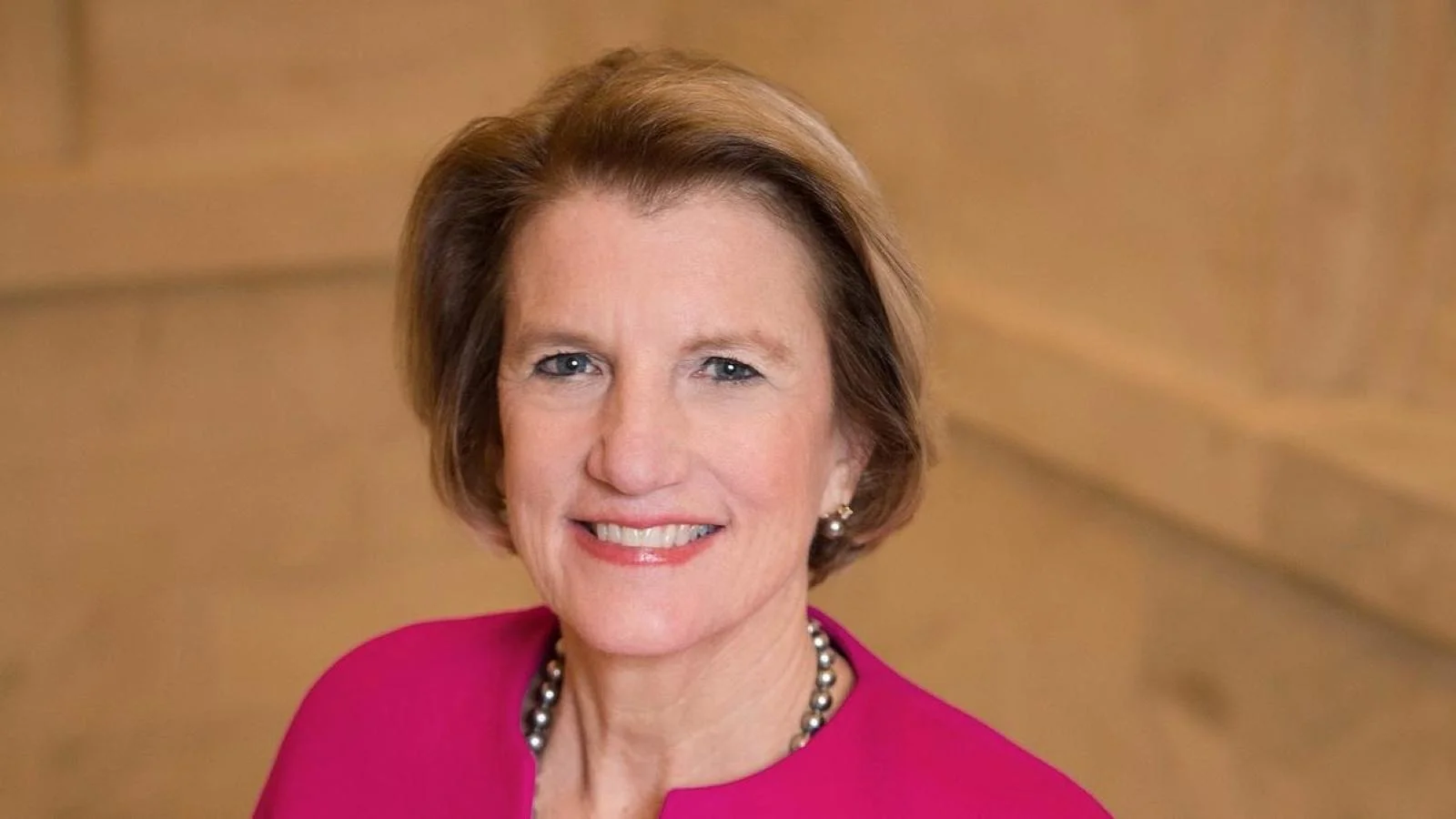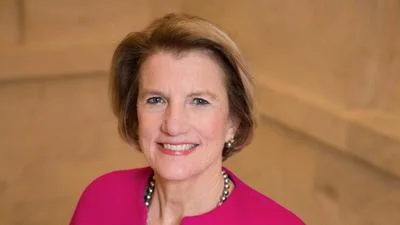U.S. Senator Shelley Moore Capito, who chairs the Senate Environment and Public Works Committee, led a hearing in Washington, D.C., to discuss the Wildfire Emissions Prevention Act (WEPA) and S. 881, the Renewable Fuel for Ocean-Going Vessels Act.
During the session, Capito asked witnesses about expanding prescribed burns as a tool for forest management. She highlighted that prescribed burns are smaller and more controlled than wildfires, aiming to prevent larger fires that can cause greater pollution. “If I look at it from a practical matter, what I'm hearing are prescribed burns are smaller, more contained, to prevent a larger, uncontained [fire] which would have more pollution associated with it. So, from a practical standpoint, what you're trying to prevent are the larger fires that are more damaging to our atmosphere and particulate matter and all that. I mean, that's the crux of the argument that we're having, am I correct?” Capito said.
Jonathan Wood of the Property and Environment Research Center agreed with Capito’s assessment. “That is exactly right. Prescribed fires are lower intensity, and you control when they happen, so the smoke is less destructive. I describe in my oral testimony that this weekend, you couldn't see the mountains from Bozeman because wildlife smoke, that doesn't happen from prescribed fire.”
The committee also discussed challenges with the Environmental Protection Agency's process for classifying exceptional events related to air quality impacts from prescribed burns. Capito questioned why few states use this process: “So, when you say the exceptional events prescription that you can use through EPA, nobody's using it. it sounds like very few uses of that?”
Wood responded: “They’re trying, my colleague can speak to that, it's just not working.”
Capito then asked if regulatory issues were causing problems or if WEPA could help clarify them: “So why is it not working? Is it just pent up in regulation? Or [WEPA] would clarify those?”
Johnny Sabo of the Georgia Forestry Commission explained how delays affect state practices: “[WEPA] would help bring clarity. So, Georgia, in February of 2025, submitted 129 exceptional events, 89 of those were prescribed fire. That was from 2021 to 2023, so that took that long to quantify everything, and we have still not heard back from EPA. We're ready to submit another 20 for 2024, you know. But as these stacked up, if they're denied, if somehow this gets viewed to where prescribed fire is not an exceptional event, then we start seeing nonattainment areas potentially, and we lose the ability to prescribe fire. And then states like Georgia then become states that are not utilizing prescribed fire and have catastrophic wildfire risk.”
The hearing also covered future fuels for maritime shipping as part of efforts to reduce emissions in ocean-going vessels. Capito noted industry efforts toward alternatives or additives for lowering carbon output: “In terms of the options, it sounds like the [maritime] industry is very active in trying to find alternatives or at least additives in certain areas to be able to bring down the carbon footprint [of maritime shipping]. Where do you see this going and will it eventually get to a full out…non-carbon intensive industry or will it be a blend in your mind?”
Kathy Metcalf of the Chamber of Shipping of America listed several fuel options under consideration including ammonia and hydrogen: “First of all ammonia hydrogen; my colleague ICCT went through a number of them methanol; a slightly politically hot one nuclear There are some small nuclear reactors that people are looking at as potential energy sources for port operations No I don't think it's going to be a mix The ultimate goal is to go to zero emissions by 2050 that is the IMO goal Now whether we get there or not we can have that discussion…but that is the goal and there will be no room for high polluting or high GHG emitting vessels as we move through time The only point I wanted to make also is that we need to look at decarbonization of any source but especially maritime transportation It's not a light switch it's a transition and it takes time to get there in a wise and economical way.”









